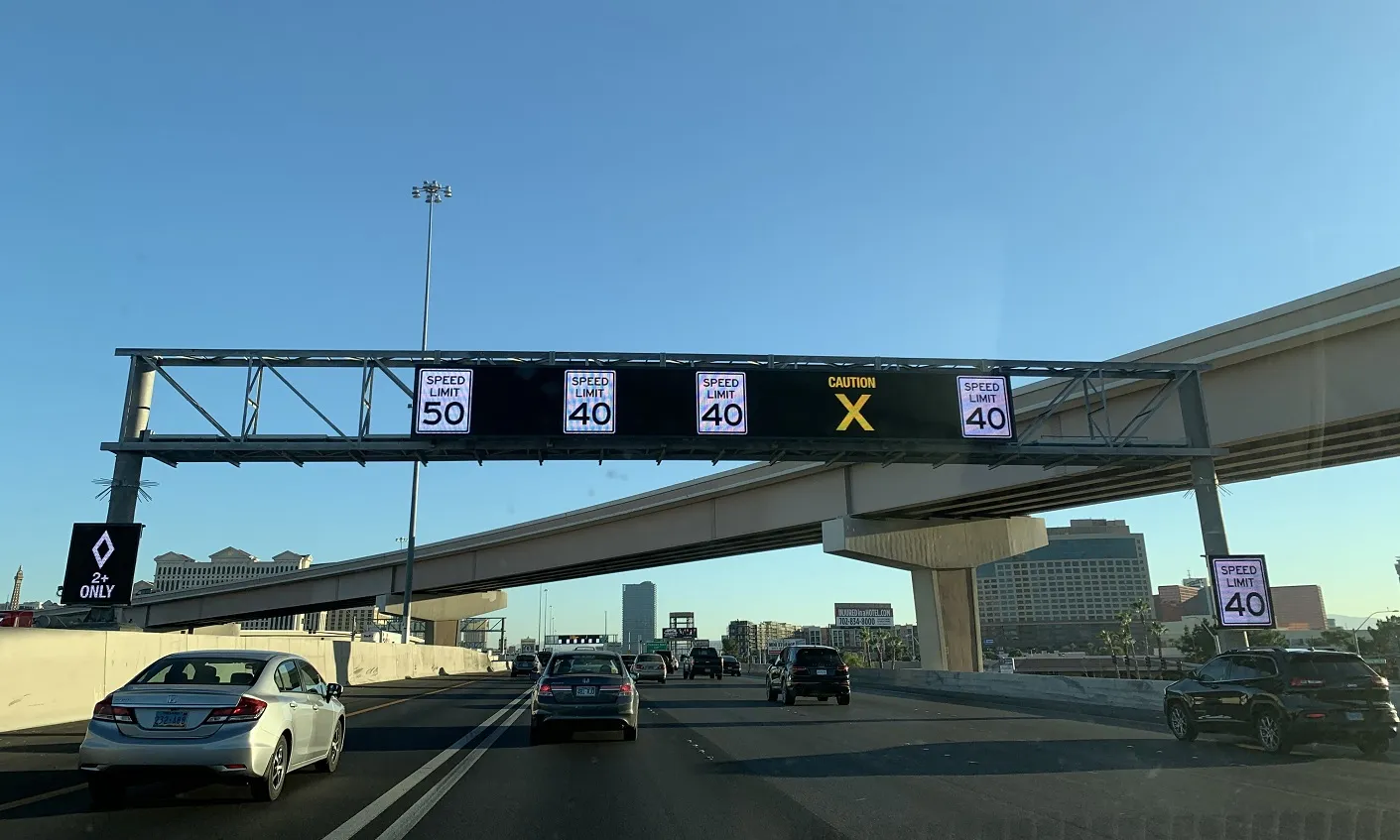Raytheon has been selected by Transurban (USA) to deliver an integrated tolling and traffic management system for a 22.5km section of the I-495 Capital Beltway in Northern Virginia.
January 31, 2012
Read time: 1 min
Scheduled to open in late 2012, the roadway will have real-time incident-detection capabilities and a dynamic information messaging system that provides commuters with additional safety information. Raytheon will serve as the systems integrator.










